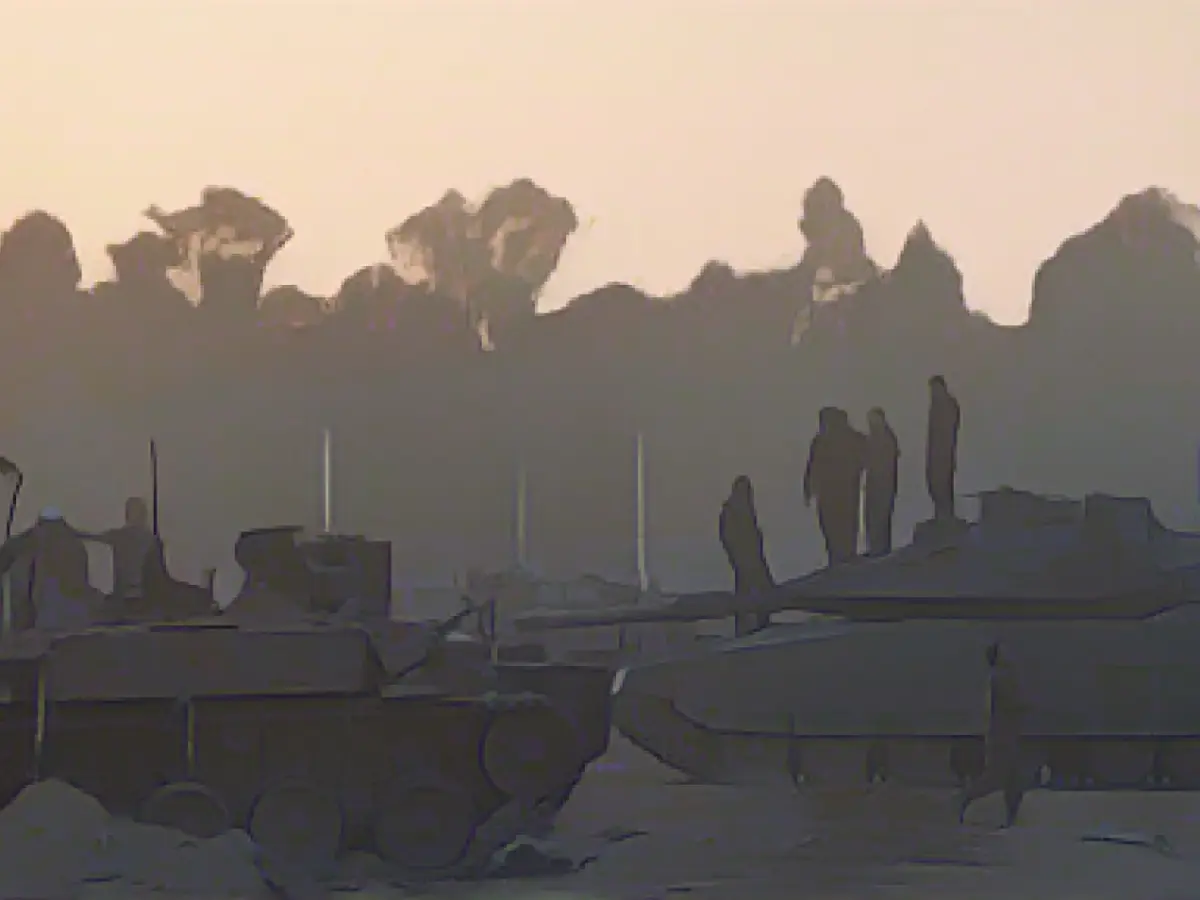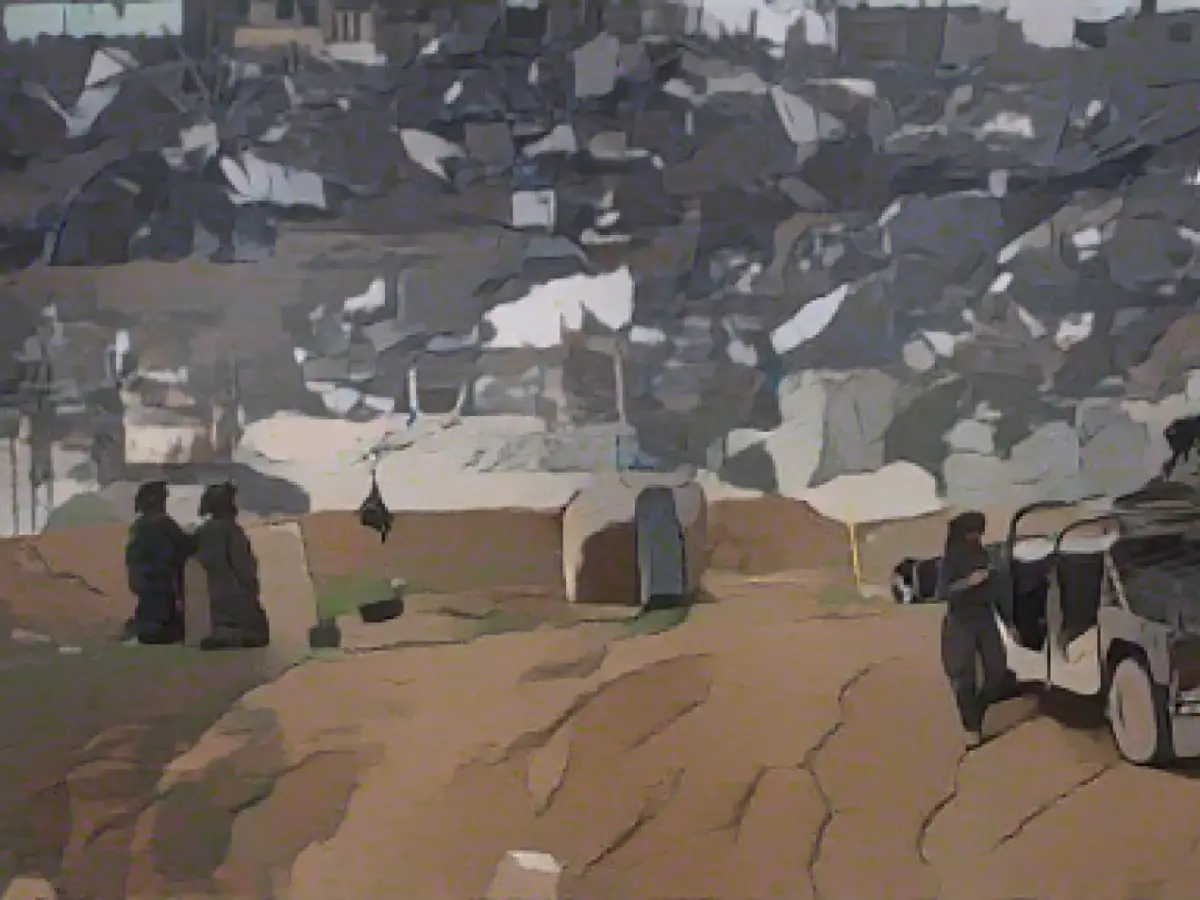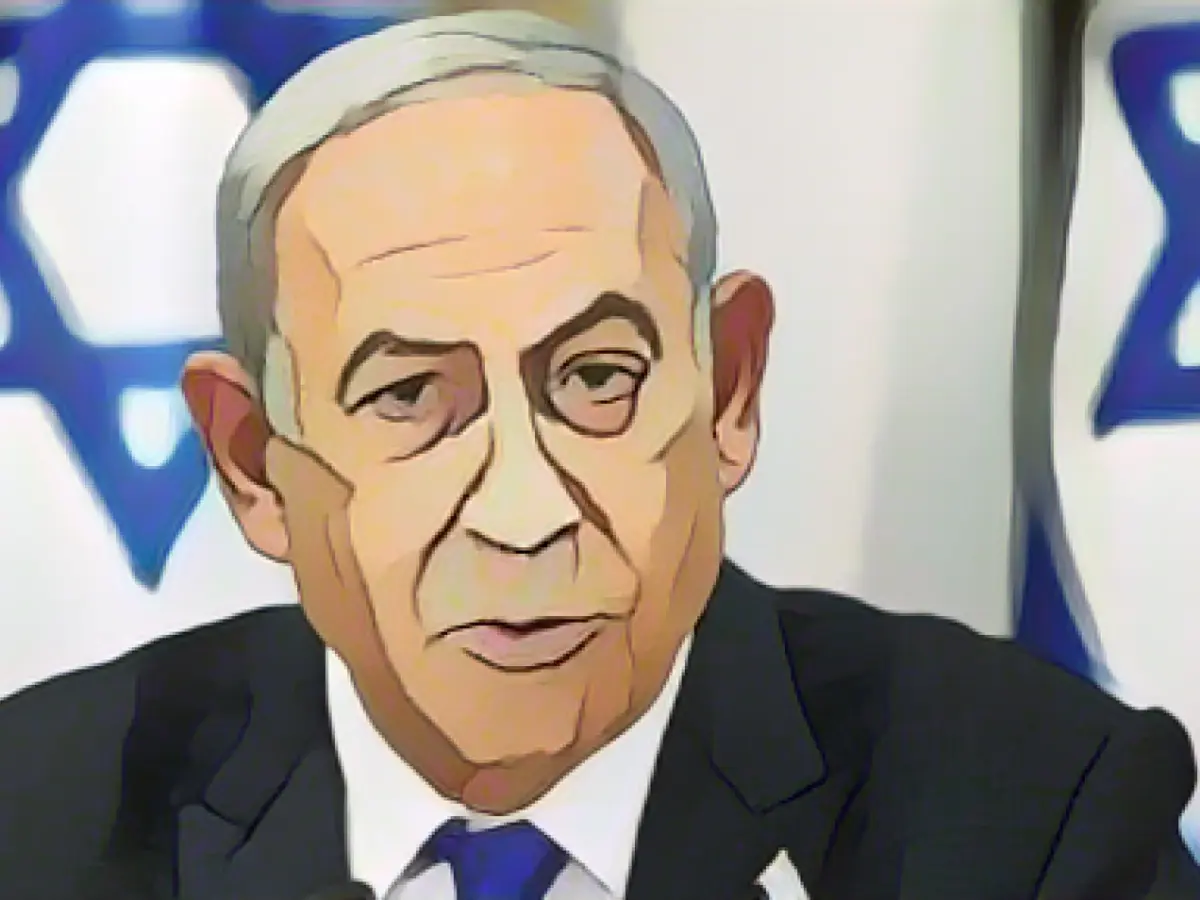In recent reports, Israeli officials have noted a shift in the fighting spirit of Hamas in the Gaza Strip. More Hamas terrorists are surrendering their arms, a clear indication that the organization's resolve is waning. According to Chief of General Staff Herzi Halevi, this weakening of Hamas is aiding Israeli successes in the conflict and hastening their advance.
Israeli Defense Minister Joav Gallant announced that the last Hamas strongholds in the northern Gaza Strip are on the verge of collapse, attributing this to the pressure the Israeli army is exerting upon Hamas. Meanwhile, US President Joe Biden reaffirmed his commitment to Israel, pledging his support until the country eliminates the Hamas terrorists.
The ongoing urban battle between Israeli forces and Hamas units in Khan Yunis, the second-largest city in the Gaza Strip, has resulted in a significant number of Hamas fighters surrendering. The Israeli Defense Forces (IDF) has also reportedly captured over 500 members of Islamist terrorist organizations in the Gaza Strip over the past month, with 350 belonging to Hamas and 120 to Islamic Jihad.
The war in the Gaza Strip was triggered by a massacre in Israel near the border, which saw over 1,200 people killed in unprecedented attacks. Since then, Israel has responded with massive air strikes and a ground offensive, resulting in the deaths of around 18,000 people and over 49,200 injuries, according to the Hamas-controlled health authority.
Despite these losses, Hamas remains a formidable force. The organization's Al-Qassem Brigades maintain a significant leverage over Israel and rival Palestinian factions. Hamas retains a strong fighting force and has replenished its ranks with new militants, even as it continues to negotiate with Egypt for a ceasefire.
The fragility of this ceasefire is evident in the continued challenges faced by both sides. Hamas has delayed the release of the next group of Israeli hostages, citing Israeli violations of the ceasefire agreement. Meanwhile, Israeli Prime Minister Benjamin Netanyahu has threatened to resume intense fighting if Hamas does not comply with conditions.
In response to these threats, Hamas is taking steps to strengthen its security. The group has frozen the use of cell phones by senior officials to prevent potential surveillance by Israel. Hamas has also uncovered spying equipment embedded in Gaza, leading to increased sweeps and monitoring operations to protect against Israeli incursions.
In this complex geopolitical landscape, both sides are positioning themselves for potential escalations. Hamas continues to maintain its military capabilities, while Israel is prepared to resume intense fighting if necessary.
Enrichment Data:
- Pragmatism and Concessions: Hamas has shown a more pragmatic approach during the conflict, making concessions such as agreeing to an Egyptian proposal for a committee of independent community leaders to govern the post-war Gaza Strip. However, it has not abandoned its armed resistance, maintaining its commitment to a Palestinian state and resistance if the governing entity is not Palestinian or influenced by Israel.
- Ceasefire Challenges: The fragile ceasefire has been challenged by both sides. Hamas has delayed the release of hostages, accusing Israel of violating the ceasefire agreement. Israeli officials, including Prime Minister Benjamin Netanyahu, have threatened to resume intense fighting if Hamas does not comply by a certain deadline.
- Internal Monitoring and Security Measures: Hamas has taken steps to monitor Israeli movements, freezing the use of cell phones by senior officials to prevent surveillance. The group has also uncovered spying equipment embedded in Gaza, leading to increased sweeps and monitoring operations to counter potential Israeli incursions.
- Strategic Positioning: Despite its concessions, Hamas retains a strong fighting force with its Al-Qassem Brigades, maintaining a significant leverage over Israel and rival Palestinian factions. The movement has replenished its ranks with new militants, indicating its continued military capabilities, and envisions a two-to-three-year reconstruction period followed by elections for a new national Palestinian government, which would allow the movement to rebuild and potentially rebrand itself.








